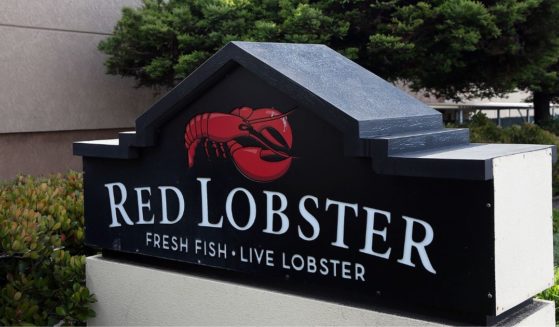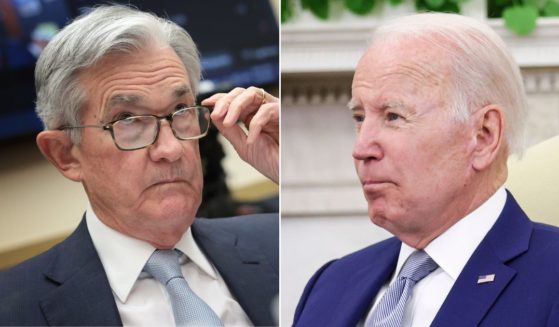Dem Plan for Minimum Wage 'Just Isn't Workable': McDonald's Ex-CEO
A proposal from Democratic presidential candidate Tom Steyer to increase the federal minimum wage to $22 per hour would body-slam the economy, according to a former CEO of one of America’s major corporations.
Earlier this month, Steyer proposed increasing the federal minimum wage, which is currently $7.25 per hour, to $22 per hour, according to Fox Business. Other major Democratic presidential candidates have lined up behind a $15 minimum wage, according to The Washington Post.
Ed Rensi, a former CEO of McDonald’s USA, went off on Steyer’s proposal during a recent appearance on the Fox Business show “Mornings With Maria.”
“It will put small businesses out of business; it will be dilatory to job growth in every way possible,” Rensi said, calling a $22 an hour minimum wage “absurd.”
Rensi said small businesses are vital to the economy. In fact, small businesses employ 47.3 percent of the private sector workforce, according to the Small Business Administration.
Rensi used a McDonald’s restaurant as an example. He said that in a McDonald’s, where labor costs make up 33 percent of a store’s costs, a $22 per hour wage would increase labor costs 50 to 60 percent.
That would then drive the price of a hamburger to somewhere between $9 and $10, he said.
“It just isn’t workable from an economic standpoint,” he said. “It’s inflationary; it’s a job killer, and it’s very depressing to small businesses.”
Rensi said the minimum wage is not designed for livability, but as a stepping-stone for the lowest-skills workers as they enter the economy.
“I think some of these politicians are out of their minds,” Rensi said. “You would think by now that they understand that the entry-level worker making minimum wage should progress through mentoring and training into other jobs.”
(You can watch the entire eight-minute interview here.)
In an Op-Ed for Forbes, contributor Jack Kelly said there is a difference between meaning well and sound policy.
“The idea of raising the minimum wage is noble and commendable, but many of the arguments rely upon raw emotion and neglect sound economic ramifications that will adversely impact the same people it’s trying to help,” he wrote.
“Raising the minimum wage has a number of serious and negative unintended consequences. Employers, especially small family and midsize businesses, will be disproportionately hurt by the extra costs incurred. The local neighborhood stores and businesses with razor-thin profits will be forced to raise prices to make up for the addition labor costs,” he wrote.
“With the increased prices, customers may elect to take their business elsewhere. Losing customers means losing income, which could result in the business having to layoff workers,” he wrote.
A Congressional Budget Office report also said there is a downside to a higher minimum wage.
“In an average week in 2025, the $15 option would boost the wages of 17 million workers who would otherwise earn less than $15 per hour. Another 10 million workers otherwise earning slightly more than $15 per hour might see their wages rise as well. But 1.3 million other workers would become jobless, according to CBO’s median estimate,” the report said.
It further noted that “There is a two-thirds chance that the change in employment would be between about zero and a decrease of 3.7 million workers.”
Small businesses would bear the brunt of the impact, the report said.
“A higher minimum wage reduces the family income of business owners to the extent that firms’ profits are reduced. Real income is also reduced for nearly all people because increases in the prices of goods and services weaken families’ purchasing power.
“Over time, as businesses increasingly pass their higher costs on to consumers, the losses in business income diminish and the losses in families’ real income grow,” it said.
Truth and Accuracy
We are committed to truth and accuracy in all of our journalism. Read our editorial standards.












